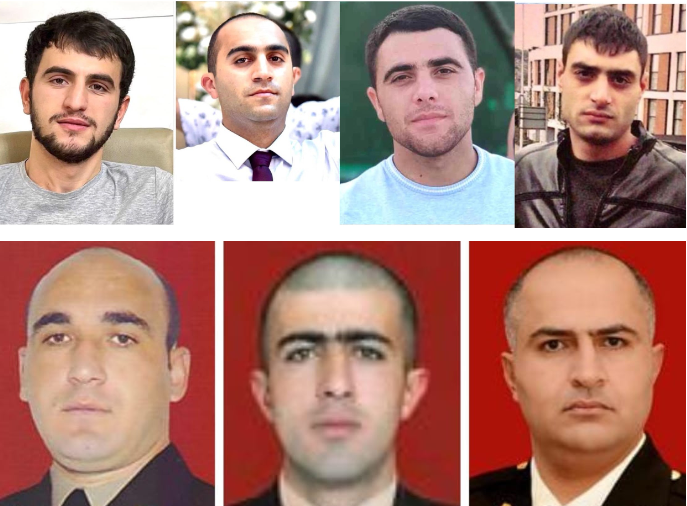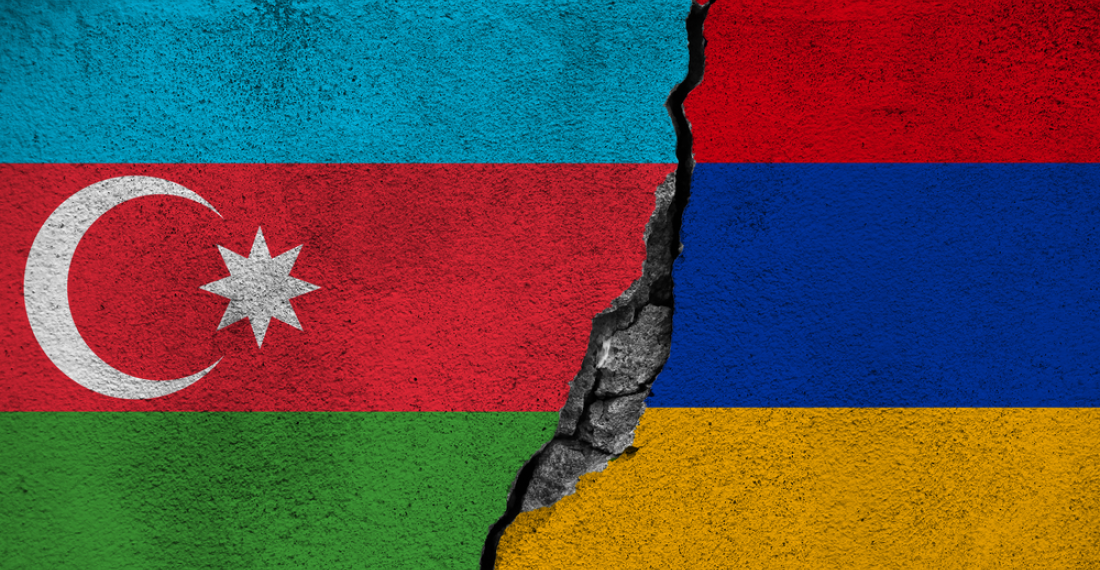This editorial first appeared in the 13 April 2023 issue of our newsletter, Karabakh Concise. If you would like to subscribe to Karabakh Concise, or any other of our newsletters, please click here.
Another serious incident between Armenian and Azerbaijani armed forces happened on Tuesday (11 April) in the border area of Tegh, resulting in several Armenian and Azerbaijani servicemen being killed or injured.
In Armenia, as in Azerbaijan, someone lost a son; someone lost a husband; someone lost a father.

One can argue about who started, who shot first, and why. The truth is that incidents like this are going to continue happening for as long as the Armenian and Azerbaijani leaderships do not finish what they started, and take the necessary steps to normalise relations between them.
Normalisation leading to peace, leading eventually to co-operation, is the endgame that both sides have publicly committed to. But the process continues to drag on as both sides remain attached to maximalist or unattainable positions. This state of affairs can drag on for a long time to come unless there is a resolute political will to move forward. And in the meantime, young Armenians and young Azerbaijanis die on a regular basis.
Let’s be clear, every casualty is a sign of the failure of the political leadership, and declaring the victims heroes is not enough.
The weight of the international community is firmly thrown in favour of an early conclusion to ongoing negotiations and the long awaited breakthrough
It is true that warmongers in the two countries continue to make the choices of the two governments difficult. It is also true that this “party of war” does not have a counterweight in the form of a “party of peace”, which makes steps in the direction of peace and reconciliation risky for the political leadership in Baku and Yerevan. But at least now the weight of the international community is firmly thrown in favour of an early conclusion to ongoing negotiations and the long awaited breakthrough.
In its statement following the latest skirmish, the European Union stated that “this incident yet again emphasises that in the absence of a delimited border, the 1991 line must be respected the forces of either side withdrawn to safe distances from this line to prevent any similar incidents from occurring.”
“Previous commitments must be respected, including those reached in Prague in October 2022 regarding the mutual recognition of territorial integrity in line with the 1991 Almaty Declaration. The EU also urges the intensification of negotiations on the delimitation of the border and continues to stand ready to support this process.”
Similar views were echoed by the United States. “The conflict can’t have a military solution, and the use of force for resolving disputes is unacceptable. The only way towards sustainable peace is around the negotiation table, while the use of force disrupts the negotiations,” the U.S. State Department said.
The international community needs to maintain its commitment to Armenia-Azerbaijan peace process
On the positive side, it is understood that diplomatic contacts between Armenia and Azerbaijan continue. The foreign ministers of the two countries are reported to be meeting soon, and some mechanisms that have been put in place over the last two years to try to address some of the key problems, now appear to be on the verge of being energised. But both sides must now commit to a defined timeline for moving forward. For until that happens more incidents are going to happen, and more people are going to lose their lives unnecessarily. In parallel, the discussions between Baku and Stepanakert need to be put on a more solid basis and start dealing with some of the more difficult issues.
On its part, the international community needs to maintain its commitment, support and encouragement to the two sides as they move forward. In this regard, Russia has a duty to act responsibly and transparently, through the obligations it has taken on, including in the trilateral declaration signed on 10 November 2020. Instead what we are seeing is Russian officials trying to score petty points against the western engagement with the process. Some recent statements by Russian officials are, to say the least, irresponsible.
source: commonspace.eu editorial team
photo: OBCT
The views expressed in opinion pieces and commentaries do not necessarily reflect the position of commonspace.eu or its partners







